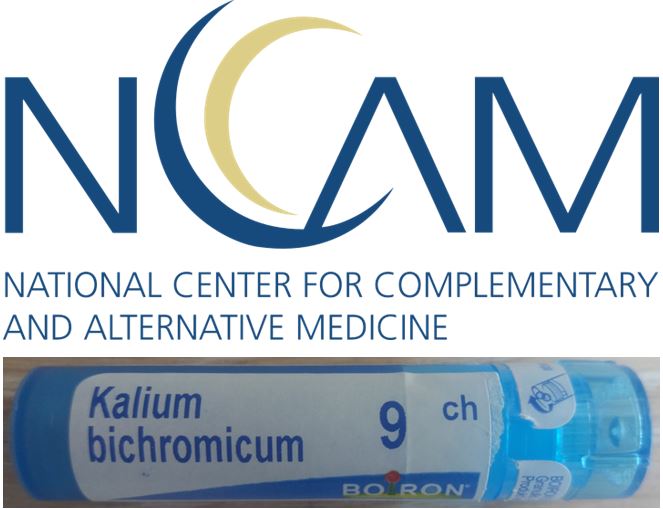Year: 2012
Anecdotes: Cheaper by the Dozen
A loan officer sets up a meeting with an aspiring entrepreneur to inform him that his application has been denied. “Mr Smith, we have reviewed your application and found a fatal flaw in your business plan. You say that you will be selling your donuts for 60 cents apiece. “Yes” says Mr. Smith, “that is significantly less than any other baker in...

Getting NCCAM’s money’s worth: Some results of NCCAM-funded studies of homeopathy
As hard as it is to believe, the Science-Based Medicine blog that you’re so eagerly reading is fast approaching its fifth anniversary of existence. The very first post here was a statement of purpose by Steve Novella on January 1, 2008, and my very first post was a somewhat rambling introduction that in retrospect is mildly embarrassing to me. It is what...
Blonde Blood: Hydrogen Peroxide Infusions
Two scientists walk into a bar The first one says “I’ll have some H2O.” The second one says, “I’ll have some H2O too.” Then he dies. I have come to believe in my own version of The Secret. The Secret describes the law of attraction as a natural law that determines the complete order of the universe and of our personal lives...
CAM Docket: Functional Endocrinology
One of the signature abilities of CAM practitioners is the creation of new diagnostic methods and treatments which convincingly demonstrate they have only a superficial understanding of human physiology. Here at SBM, posts have addressed such sterling examples of this phenomenon as cranial sacral therapy, applied kinesiology and chiropractic neurology. Now we have a new one on the horizon: functional endocrinology. I...
Is There a Treatment for Tinnitus
There are several features of a symptom or illness that make it a convenient target for proponents of unconventional therapies. Subjective symptoms are more likely to be targeted than objective conditions – you don’t see many so-called “alternative” birth control treatments. Symptoms for which placebo effects alone are likely to produce the illusion of effectiveness are good targets for ineffective treatments. Symptoms...
Fan Mail from an ASEA Supporter
We have an active comments section on our blog, but for some reason some people prefer not to comment there, but to send personal e-mails to authors when they disagree. Some of them make me laugh. Some of them make me despair. We can carry on our struggle better if we know what we are fighting; and in that spirit, I want...
“Moneyball,” the 2012 election, and science- and evidence-based medicine
Regular readers of my other blog probably know that I’m into more than just science, skepticism, and promoting science-based medicine (SBM). I’m also into science fiction, computers, and baseball, not to mention politics (at least more than average). That’s why our recent election, coming as it did hot on the heels of the World Series in which my beloved Detroit Tigers utterly...
Eat To Save Your Life: Another Half-True Diet Book
I am hesitant to review diet books because they are so often a tangled mess of fact and fiction. Teasing out their truth from falsehood is about as exhausting as delousing a long-haired elementary school student. However, after being approached by the authors’ PR agency with the promise of a book that contains science-based nutrition information I decided to agree to the...
It’s time for true transparency of clinical trials data
What makes a health professional science-based? We advocate for evaluations of treatments, and treatment decisions, based on the best research methods. We compile evidence based on fair trials that minimize the risks of bias. And, importantly, we consider this evidence in the context of the plausibility of the treatment. The fact is, it’s actually not that hard to get a positive result...

